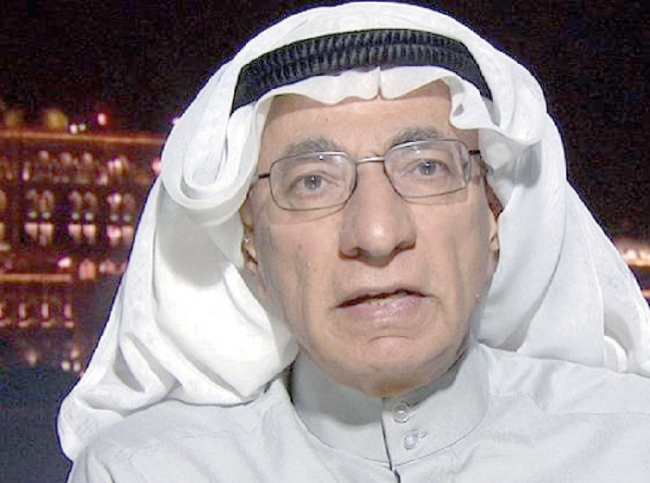12/08/2023
12/08/2023
THE challenge currently facing OPEC+ is how to balance its future budgets without deficits. In our case in Kuwait, the number needed for a breakeven is $90 per barrel. Once this figure is achieved, it means we can fulfill all of our requirements during our fiscal year without any interruptions to our government’s plans. Oil prices must reach this level and continue well into next year, or at least until the end of March 2024. With the current rate of expenditure standing at KD 26 billion, it is the highest and biggest jump from previous years. Kuwait’s crude oil production is 2.55 million barrels per day; any number below that will cause us a big deficit of maybe KD four billion.

So far this year, the oil prices are within the range of $70-$75 per barrel, unlike last year when it was less by $20 per barrel, making it difficult for oil producing countries to enjoy surplus cash and funds. It was an awesome year indeed.
Also, the oil market is facing a new challenge this year, as the demand is still uncertain. Dependance on China’s growth is fading, causing weakness in the demand for oil, and higher interest rates. The ongoing Russian war and occupation of some parts of Ukraine, followed by the boycotting of its oil by G7 countries, did not result in higher prices as expected. It had an impact last year, but the oil consuming countries are getting used to it. Now the oil consuming countries are waiting for the winter season in order to witness any impact on the supply of energy, or any shortage. They are counting on some further surge in oil prices, or for the continuation of the current hardening of the oil price, which is heading towards $100 per barrel.
The question that all are waiting for is related to when OPEC+ will decide to relax its production cuts and move towards relaxing its grip on oil supply, as part of stabilizing the oil prices, and maintaining a balanced budget objective by the end of the year for its members. As with most oil producing countries, the main concerns are related to having an oil income that satisfies their governments and avoiding embarrassing questions. We must highlight the importance of a balanced budget along with ongoing oil prices. It is an occurring annual fact for most OPEC+ members especially those highly dependent on oil revenues and without any real alternative at hand. Today, the oil prices stand at $86 per barrel, which can help some of the OPEC+ members, while the rest need more than $90 and even $130 per barrel. We therefore still have a long way to go to reach such a level.
Nevertheless, we as OPEC+ need to review and look at our annual expenses, and determine what action must be taken to minimize the ongoing increase in our annual budgets. The other alternative or choice is to quickly find a new stream of income by finding the real and valid alternative rather than depending solely on oil cash fl ow. We know some of the GCC countries are doing this. The United Arab Emirates and Saudi Arabia have recently been doing exactly this and searching for alternatives to oil and gas or fossil fuels. We in Kuwait should start copying our neighbors soon.
The current level of oil price is not far from other GCC countries. Even though we have a smaller population, our expenses are increasing for no reason, as more than 85 percent of our budget goes for salaries and benefits. The time has come to wake up to the real world and look at ourselves in the mirror. OPEC+ is facing hard objectives in balancing its annual budgets with a breakeven figure for the oil price. Maybe it is worth persuading on a long-term basis, provided it can justify to its consumers. It will be a hard task, but a feasible one.
By Kamel Al-Harami
Independent Oil Analyst
email: [email protected]


